-
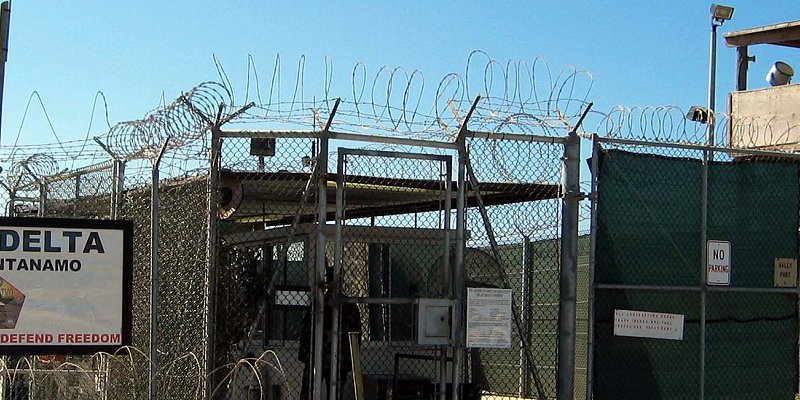
Britney Spears, lap dances, fatalism - a look inside Gitmo’s bizarre world
A Freedom of Information Act request regarding the use of loud music and strobe lights during interrogations at Guantanamo Bay led to the release of the camp’s complete Standard Operating Procedures - as well as the 2005 report alleging that inmates were tortured.
-
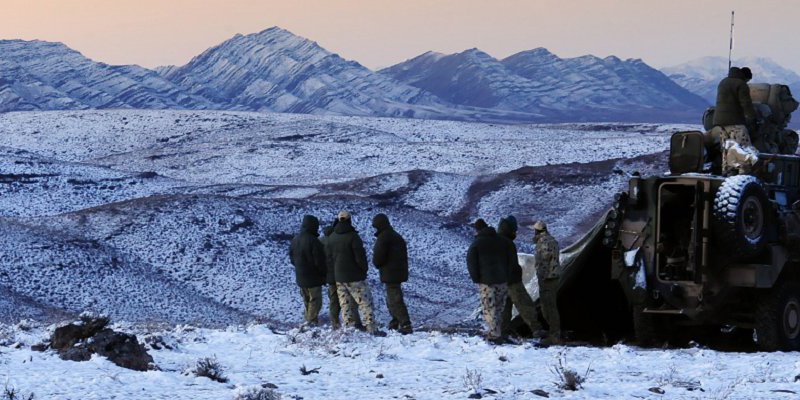
Lack of winter gear latest in long list of Afghanistan woes
Despite billions spent on failed reconstruction projects, military personnel and national police officers in Afghanistan face a dire shortage of coats and other winter gear, according to a letter of initial findings published last week by the Special Inspector General for Afghanistan Reconstruction (SIGAR).
-

Now you can share and collaborate on public records requests
MuckRock has improved the reading, editing, and sharing of requests. Developer Allan Lasser give a quick tour of what’s new and improved.
-
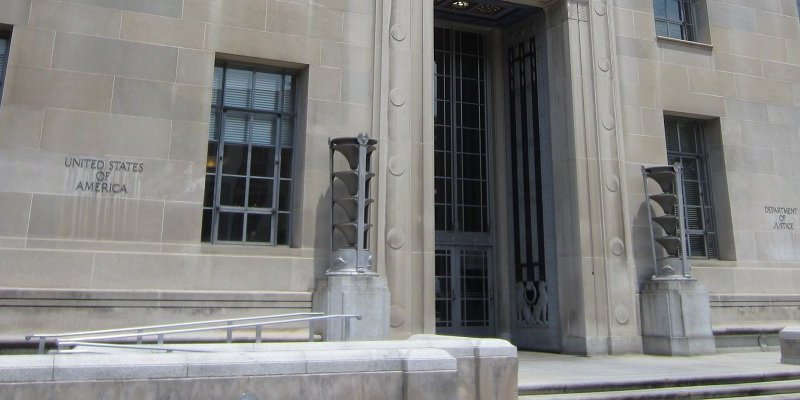
Justice Department withholds cell phone tracking docs it’s already released
Despite new issuing new federal disclosure guidelines around the use of cell phone trackers, the Justice Department is still refusing to release basic information about the program - some of which has already been disclosed.
-

50 years after his death, the extent of Walt Disney’s services to the FBI remain secret
Walt Disney’s decades-long friendship with J Edgar Hoover and the FBI began with the anti-Communist hysteria of the Hollywood blacklists, and nearly lead to children’s shows and amusement park rides normalizing law enforcement for entire generations of Dumbo-loving children.
-
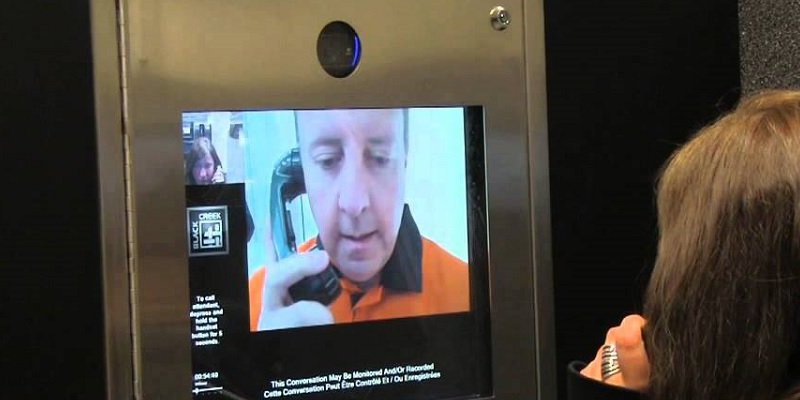
Prison visitations are being replaced by far costlier and unreliable video phone kiosks
Video phone kiosks have been replacing real-life visitation in American jails and prisons — sometimes altogether — and the move is a welcome development for inmate calling services and prison wardens alike. For those on either end of the calls, though, it’s a direct line from their wallets to their captors’ bank accounts, and the government is having a hard time putting a stop to it.
-

“SHOW SHOULD BE PULLED” Empire FCC complaints
Season 2 of Fox’s hip-hop soap opera Empire premiers this week. While the show’s record-shattering success would seems to indicate that it’s doing something right, FCC complaints show that at least a few viewers felt that the risqué sexual content shown by advertisements was so very, very wrong.
-

Florida sheriff’s department “very receptive” to Hacking Team demo
One of the largest sheriff’s departments in the country gushed over Hacking Team, released emails show. After an initial demonstration in 2013, one deputy sheriff in Broward County, Florida told a Hacking Team sales manager, “I can’t see how we can survive without it.”
-

Rural towns play an important role in facilitating federal private prisons
The “Justice is Not For Sale” Act was introduced into Congress yesterday, calling for the elimination of privately-run prison contracts at all levels of government. The system, however, is a knot of agreements and in many cases, the ones left holding the loose ends will be the rural towns and communities in which these private facilities have set up shop.
-

Hoods and “Henbleep” - the FBI files on Whitey Bulger and the Winter Hill Gang
Decades before Johnny Depp stepped into the role for Black Mass, the real-life James Joseph “Whitey” Bulger, Jr.’s crime organization didn’t need the Hollywood treatment to deliver drama.
-

“They are preying on people who don’t understand” FTC immigration scam complaints
Since 2006, the Federal Trade Commission has received over 5000 complaints of deception and fraud by those claiming to offer guidance and knowledge of the arduous United States immigration process. While some are companies offering dubious quick fixes, the worst are scammers impersonating the US government, threatening jail time and deportation unless victims cough up cash quick.
-
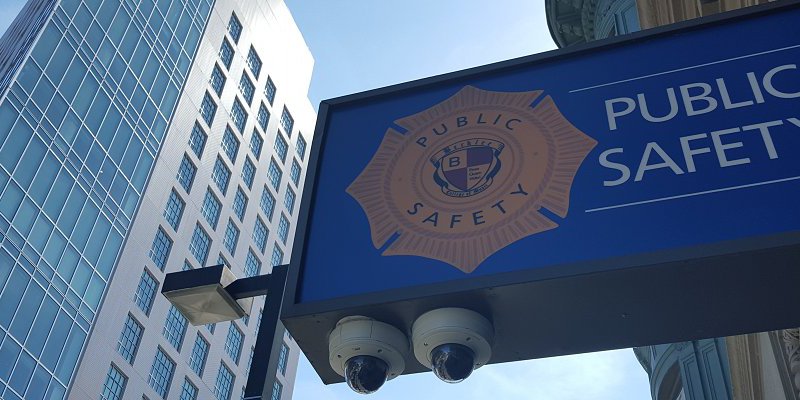
Private colleges, public safety: few disclosure requirements for campus police
Sworn police at private universities carry weapons, make arrests and patrol some of the most populous areas of Boston. But the law holds far fewer transparency obligations for private campus cops than for officers at other agencies. When universities said we could only see their crime logs in person, we took a college tour.
-

Dysfunction by design: Gridlock and secrecy rule the Federal Election Commission
The agency responsible for ensuring fair elections in this country is, in the words of its own chairwoman, “worse than dysfunctional.” How did things get so bad?
-

Federal rules for cell phone tracking are a milestone, not an endpoint
Last week, the Justice Department released new guidelines on how its agents can use cell phone trackers in investigations. As promised, the revised policy has a warrant requirement, clear guidance on writing a detailed warrant, and provisions for deleting bystander data. Civil liberties watchdogs call it an enormous step - but as enormous a step as it may be, this policy is but an initial one toward true transparency on cell phone tracking by law enforcement.
-

Requester’s Voice: USA Today’s Brad Heath
Brad Heath, investigative reporter for USA Today, has led investigations into environmental dangers in schools, prosecutor misconduct, and government surveillance. In this Requester’s Voice, he shares his tips and tactics to navigate the world of FOIA and the story behind his viral public records hit.
-

The Manchildren of Summer: Lunada Bay surf gang incident reports
Visitors to the beach at Palos Verdes Estates in Los Angeles County will find that a loyal group of dedicated douchebags have made it their generational purpose to deter visitors — specifically surfers — from the waves at Lunada Bay. Known for manly feats of territorial defiance such as pelting rocks, destroying clothing, and vandalizing cars, these Bay Boys have been in action for decades. They’re rarely reported, because little has been done by the local police force to discipline them.
-

“Eccentric with a slightly gruff manner.” Philip S. Foner’s FBI File
After an 11-month wait, the Federal Bureau of Investigation has finally released the file it maintained on renowned Marxist historian Philip S. Foner. Although the file is short - only 45 pages - it is heavily redacted, with even most of the dates blocked out. A document dated 1984 makes reference to a “security matter case” that prompted an investigation in 1946 - however, those files appear to have been entirely withheld.
-

“OBSCENE, VERY OBSCENE” Hannibal FCC Complaints
Last Sunday, NBC’s acclaimed psychological thriller Hannibal wrapped up its third and final season. But while the show’s stylistic blend of culinary carnage quickly earned it cult status, FCC complaints obtained by Robert Delaware reveal that those with milder appetites were left with a bad taste in their mouth.
-

Human Interest: The high cost of private prisons
Winn Correctional Center opened its doors 25 years ago as the first privately-run medium security prison in America. And, soon, its life cycle as one of the country’s oldest for-profit facilities will come to an end, when the handoff from Corrections Corporation of America to the Louisiana Department of Public Safety and Corrections is completed. For the first time in the facility’s history, a new ability to scrutinize its inner workings will exist.
-

Introducing MuckRock Projects
For over five years, MuckRockers have been using public records and the Freedom of Information Act to tell important stories, such as documenting the arrest of reporters in Ferguson and bringing accountability and transparency to Boston’s Olympic bid. Today, we’re excited to announce MuckRock Projects, which showcase and enhance that work, while also offering a new way to fund the independent journalism that needs it most.
-

Boston police release rules and procedures regarding confidential informants
The Boston Police Department has released its procedures regarding the handling and recruiting of confidential informants. Dated March 1, 2006, and dubbed “Rule 333,” it contains the classification of types of informants, informant restrictions, recruitment procedures, and the responsibilities of supervisors from the detective all the way to the chief, Bureau of Investigative Services.
-

Undercover Burners: The FBI’s surveillance of Burning Man
The 29th annual Burning Man festival kicks off this week in Nevada’s Black Rock Desert. Among those paying close attention to the festivities will be the Federal Bureau of Investigation’s Special Events Management unit, who have kept files on “burners” since at least 2010.